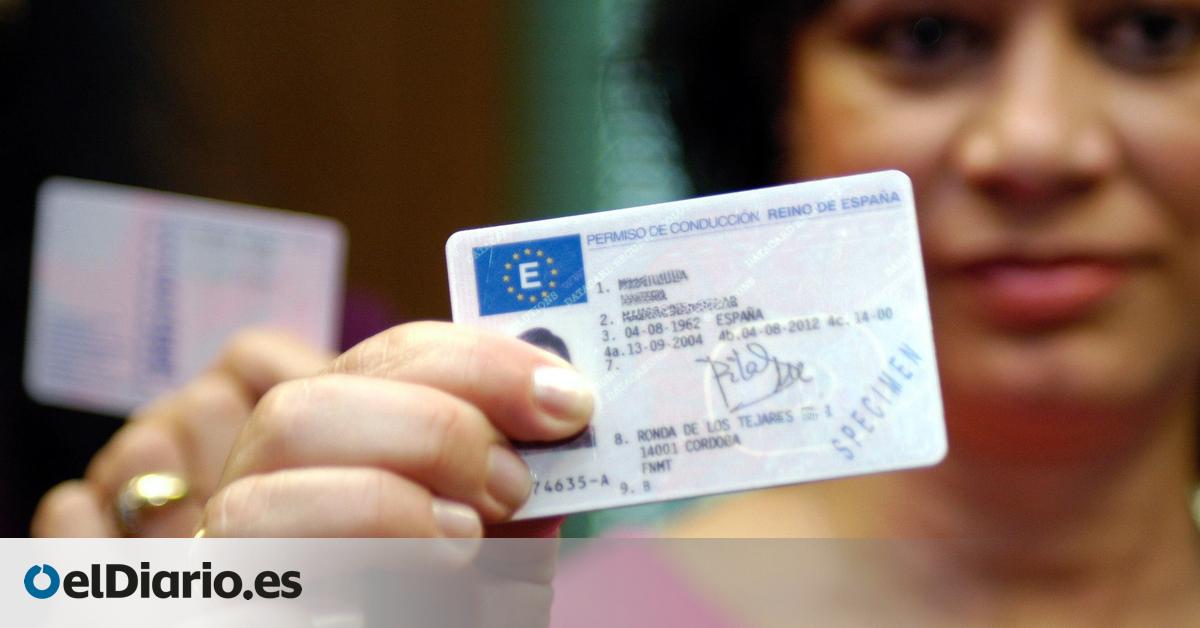
The European Parliament approved this Tuesday the update of the EU driving license rules. The European Union aims to strengthen road safety and reduce collisions with this measure, as almost 20,000 lives are lost in accidents each year on EU roads.
The new rules will come into force on the 20th following their publication in the Official Journal of the European Union. EU countries will have three years to transpose these new provisions into national legislation and an additional year to prepare for their implementation.
These are the new measures that have been approved:
New knowledge to obtain the license
To obtain a driving license, it is necessary to pass an exam that must include new knowledge about the risks of blind spots, driver assistance systems, safe door opening and the risks of distraction due to phone use. The new training and examination requirements will place greater emphasis on raising awareness of the risks to pedestrians, children, cyclists and other vulnerable road users.
Permit renewal every 15 years
Driving licenses may be valid for 15 years for motorcycles and cars, with the possibility for member states to reduce the validity period to 10 years if the driving license is used as a national identity document. Now the driving license in Spain is valid for 10 years. Driving licenses for trucks and buses will be valid for five years. EU countries may reduce the validity period for drivers aged 65 and over in order to subject holders to more frequent medical checks or refresher courses.
To obtain a driving license or apply for renewal, a driver must pass a medical checkup, including vision and cardiovascular fitness tests. EU countries may choose to replace the medical check-up for car or motorcycle drivers with self-assessment forms or other nationally designed assessment systems.
Two-year trial period
For the first time, EU rules will establish a trial period for inexperienced drivers of at least two years. These drivers will have higher fines for driving under the influence of alcohol, failure to use seat belts or child restraint systems.
Driving license at 17 years old
17-year-olds will be able to obtain a license to drive a car (category B), but they will have to drive accompanied by an experienced driver until they turn 18.
Professional license at 18 and 21 years old
To mitigate the shortage of professional drivers, the new rules will allow people aged 18 to obtain a license to drive a truck (category C) and those aged 21 to drive a bus (category D), as long as they have a certificate of professional competence. Otherwise, a person will have to be 21 and 24 years old respectively to drive these vehicles.
Digital driving license
The digital driving license, accessible on a mobile phone, will gradually become the main license format in the EU. However, MEPs have approved the right of drivers to apply for a physical licence, which must be issued without undue delay within three weeks.
Disqualification from driving abroad
To reduce reckless driving abroad, the withdrawal, suspension or restriction of a driving license will be transmitted to the EU country that issued it, to ensure cross-border application of sanctions. National authorities will have to inform each other of driving suspension decisions relating to the most serious traffic offences, including driving under the influence of alcohol or drugs, involvement in a fatal traffic accident or speeding.
Source: www.eldiario.es

